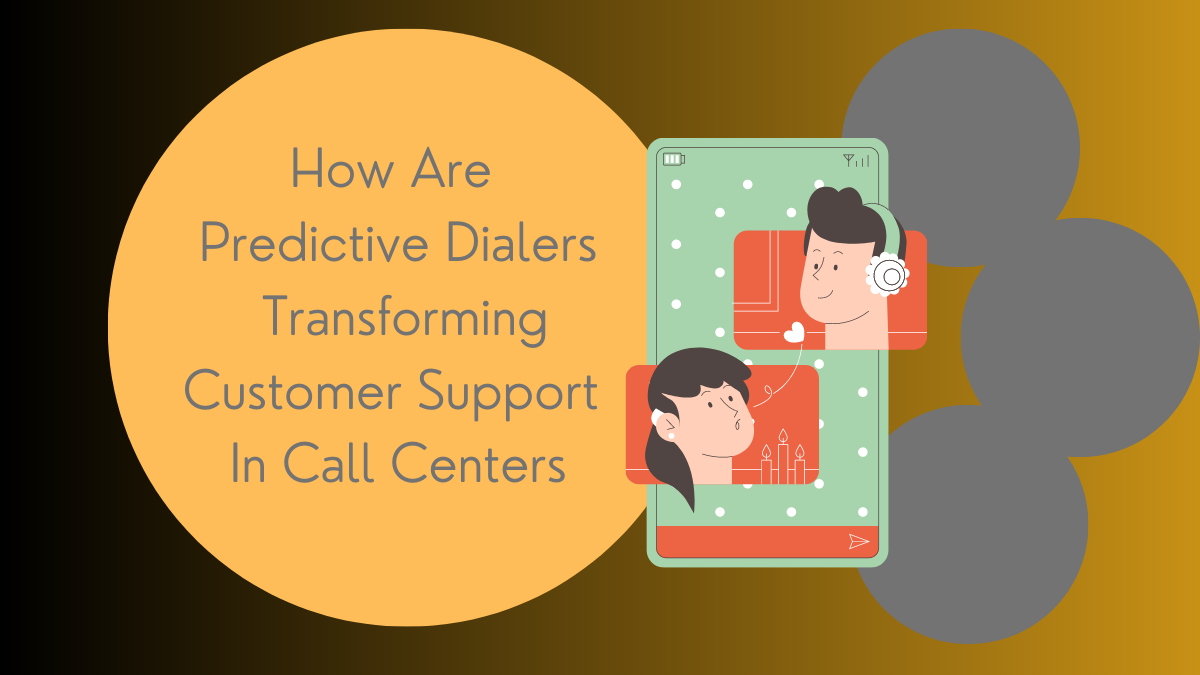How Can Trucking Technology Help Your Transport Business Scale Up?
5 Mins Read
Published on: 12 May 2023
Last Updated on: 08 November 2024

toc impalement
The trucking industry is the primary backbone of the global economy. It is not just important for transporting goods, but it is also important for maintaining a connection.
The increasing demands of a growing population have compelled the industry to optimize and cut costs. One of the most effective ways to achieve this is through the use of trucking software.
In this article, we will explore the various aspects of trucking software. We will also see how it can benefit business owners and the industry’s future.
The Evolution of Trucking Software
The trucking industry has come a long way since its inception. The traditional methods of managing fleets have become outdated as technology has advanced. Over the years, the trucking software landscape has evolved significantly.
Companies have been bringing innovative solutions that cater to the needs of both large and small businesses.
From simple tracking and scheduling tools to sophisticated end-to-end fleet management solutions. Trucking software has revolutionized the way the industry operates.
Today’s software offers a plethora of features that help optimize operations, enhance driver safety, etc. Ultimately, improve the bottom line for business owners.
The Key Components of Trucking Software
Trucking software typically encompasses a wide range of features that aim to streamline various aspects of the business. Some of the key components include:
- Fleet Management Systems (FMS): These comprehensive solutions allow business owners to monitor and manage their entire fleet of vehicles. They offer real-time data on vehicle location, speed, fuel consumption, maintenance schedules, and more, enabling business owners to make informed decisions and improve overall efficiency.
- Electronic Logging Devices (ELD): ELDs are designed to replace traditional paper logbooks. Subsequently, it can help ensure compliance with the Hours of Service (HOS) regulations. They record driving time automatically, which reduces the risk of errors and fines for non-compliance.
- Dispatch and Scheduling Software: This type of software helps businesses coordinate and plan routes for their drivers, taking into account factors such as traffic, weather conditions, and customer preferences. The software allows fleet managers to formulate optimized routes that save fuel, time, and money.
- Telematics: Telematics solutions provide real-time data on vehicle performance and driver behavior. This information can be used to identify areas for improvement. This in turn can help make adjustments that can enhance safety and save money.
- Freight Management and Billing Software: This software streamlines the entire freight management process. From quoting and booking to tracking and invoicing. It eliminates manual paperwork, reduces errors, and speeds up the entire process.
The Benefits of Trucking Software for Business Owners
Implementing trucking software can yield a multitude of benefits for business owners, including:
- Improved Efficiency: Trucking software can significantly improve overall operational efficiency through features like real-time tracking, route optimization, etc.
- Cost Savings: By streamlining processes and providing data-driven insights, trucking software can help businesses identify and eliminate inefficiencies, leading to substantial cost savings.
- Enhanced Safety: Software solutions that monitor driver behavior and vehicle performance can help identify potential safety hazards and promote safer driving habits.
- Regulatory Compliance: ELDs and other compliance tools ensure that businesses adhere to industry regulations, reducing the risk of fines and penalties.
- Better Customer Service: With features such as real-time tracking and automated notifications, trucking software enables businesses to provide their customers with accurate and timely information about shipments, improving overall customer satisfaction.
- Data-Driven Decision Making: Trucking software generates tons of data. Some of the areas this data are useful include decision-making, route planning, safety planning, etc. Additionally, incorporating comprehensive payment solutions like fleet cards for business can further enhance the financial management of a trucking enterprise, providing streamlined expense tracking and potential fuel savings.
Key Players in the Trucking Software Market
The trucking industry is huge. Therefore, it is understandable why the trucking software market is so diverse and ripe with big names.
As a result, having some idea about the names can truly help you understand the whole deal. Therefore, here are some of the key players in the trucking software market that you need to know about.
- Samsara: This company offers a comprehensive fleet management solution that includes ELD compliance, real-time GPS tracking, routing and dispatch, and vehicle diagnostics.
- KeepTruckin: A leading provider of ELDs and fleet management solutions, KeepTruckin’s software also features asset tracking, driver performance monitoring, and integration with popular TMS platforms.
- Omnitracs: Omnitracs offers a wide range of solutions, including fleet management, compliance, and data analytics tools. Therefore, making it a perfect platform for mid to large-scale trucking operations.
- Verizon Connect: This provider offers a comprehensive fleet management solution that includes GPS tracking, vehicle diagnostics, and driver safety tools.
- Trimble: Trimble’s transportation solutions include fleet management, ELD compliance, routing and scheduling, and transportation management systems (TMS).
The Future of Trucking Software
The trucking landscape is shifting sands at a rapid rate. As a result, The trucking software landscape is expected to evolve even further.
Therefore, understanding these trucking technology trends can become a must as time goes by. Hence, here are some of the trends that you need to know about the trucking industry.
- Artificial Intelligence (AI) and Machine Learning: These technologies are expected to play an increasingly important role in trucking software, helping businesses optimize routes, predict maintenance needs, and even automate certain aspects of driving.
- Integration with Emerging Technologies: The trucking technology landscape is changing rapidly. Therefore, it is estimated that upcoming technologies like the Internet of Things (IoT), blockchain, etc. can truly change the industry in the upcoming years.
- Advanced Analytics: With the increasing amount of data generated by trucking software, businesses will have even more opportunities to leverage advanced analytics for strategic decision-making.
- Enhanced Driver Experience: The advancement of trucking technology will not just change the revenue model or operations. In fact, it will also change how drivers drive. The updated safety and route planning can change the very fundamentals of driving to an amazing extent.
- Autonomous Vehicles: As the development of autonomous vehicles progresses, trucking software will need to evolve to accommodate the unique needs of self-driving trucks and their human operators.
The End
Without a doubt, trucking software has come a long way since its inception. They managed to revolutionize the way the industry operates and offer countless benefits to business owners.
As technology continues to advance, it is expected that trucking software will continue to evolve as well. This could be in the form of incorporating new innovations and offering even more opportunities for businesses. All of which can help to streamline their operations and boost their bottom line.
Owners can ensure that they remain competitive in the rapidly changing landscape of the trucking industry. It can be done by staying informed about the latest developments and choosing the right solutions for their businesses.
Read Also:


















Comments Are Closed For This Article